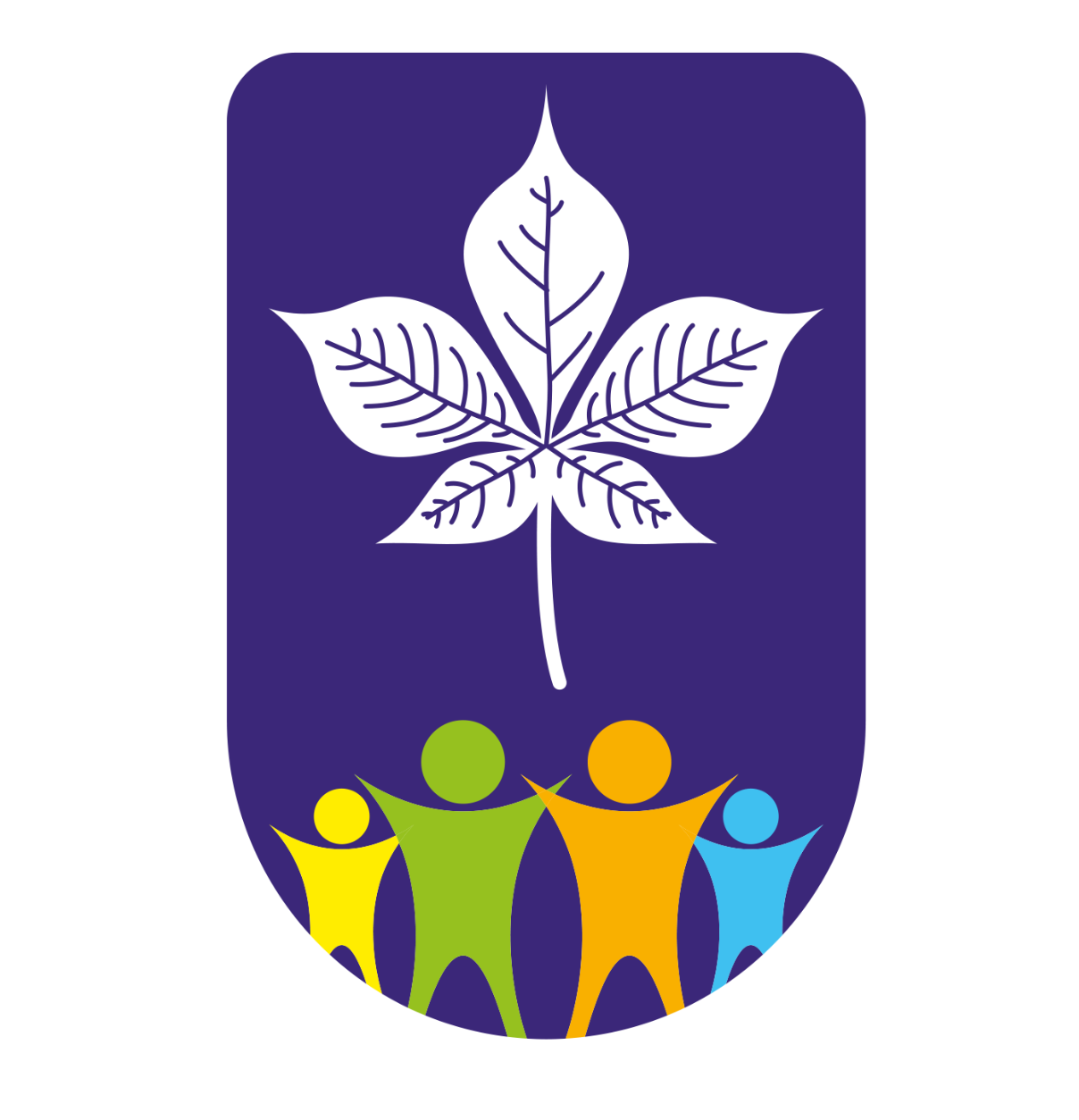History
Why is History important?
History is important because it helps pupils to understand and interpret the past, and therefore, the present.
Through history, pupils develop a deeper cross-cultural awareness and understanding of their own and others’ heritage, through looking at evidence and asking and answering questions.
In history, we can analyse successes and failures, which, in turn, teaches us to learn from our mistakes.
Intent
At Badby School we aim to inspire in pupils a curiosity and fascination about history that will remain with them for the rest of their lives. A high-quality history education will help pupils gain a coherent knowledge and understanding of Britain’s past and that of the wider world (The 2014 Primary National Curriculum in England). We fulfil the requirements of the National Curriculum for history; providing a broad, balanced and differentiated curriculum; ensuring the progressive development of historical concepts, knowledge and skills; and for the children to develop a love for history.
-
History introduces pupils to diversity within societies and the relationships between different groups over time.
-
Chronology helps pupils see the ‘big picture’ of the historical narrative, enabling pupils to make connections made between different periods from the past and the present.
-
History is a key subject to engage pupils' creative and critical thinking about change, both locally and globally, and the implications for the future.
Chronology
Using the Knowledge Building pillar for Chronology, the Dimensions curriculum allows pupils to develop their learning within each phase, linked to the corresponding cognitive block:
• Pathfinders (Years1&2) - Fit people and events into a chronological framework
• Adventurers (Years 3&4) - Establish clear narratives within periods of history
• Navigators (Years 5&6) - Make connections between periods of history
Implementation
When and how is History taught?
History is taught through thematic units. The overview (link below) maps out which thematic units feature this subject and the Long-Term Plan (link below) clearly shows the objectives taught.
History is taught through a combination of subject knowledge, historical skills, enquiry and fieldwork. Learning takes place both inside and outside the classroom.
What do we learn about in History?
We learn about the following:
-
Old Things
-
Wars (World Wars, Civil Wars)
-
The Ancient Greeks
-
The Inuits
-
Roman Empire and Invasions
-
Inventors e.g. Thomas Edison
-
The Mayans
-
The Benin
-
Famous historical figures
-
Broadcasting
-
Religions
-
Democracy
-
Transport
-
Extinction
-
Animation
-
Technology e.g. the Internet and World Wide Web
-
The Moon Landing
-
Significant local history figure / event
-
Apartheid / Anti-Semitism
-
Discovery of America / Native Americans
-
Legacy
Who do we learn about in History?
We learn about the following individuals:
-
Thomas Edison
-
Walt Disney
-
Mother Teresa
-
Neil Armstrong
-
Roman Emperors and rulers
-
Martin Luther-King
-
Nelson Mandela
-
Rosa Parks
-
Various World Leaders
-
Tim Berners-Lee
-
John Logie Baird
-
Steve Jobs
-
Carl Linnaeus
Impact
Through pupil voice children will be able to talk about the skills and knowledge they have acquired. Children will be engaged in History lessons and want to find out more. Children will complete research independently through projects and homework and to further their own enjoyment about the subject or topic.
As historians, children will learn lessons from history to influence the decisions they make in their lives in the future.
Teachers assess children’s knowledge, understanding and skills in History by making observations within class and by analysis of their written evidence. As part of our assessment for learning process, children will receive both verbal and written feedback as a means of development.
At the end of a topic, children create a double page spread to show everything they have learnt. New vocabulary should clearly stand out.

